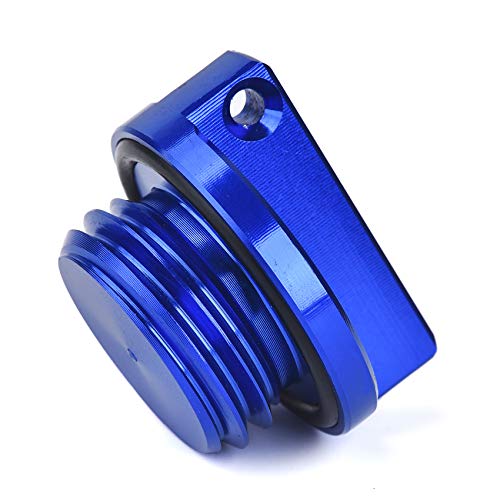jim oneill
triplex
My understanding is that this thread regards the sticky shifting and slow clutch engagement while using Rotella T6 synthetic in a 2013 Fjr1300. The complaints mentioned in the beginning of this thread are exactly what I have experienced after changing to Rotella T6 Synthetic at 400 miles. The first 400 miles were smooth with no issues on whatever the factory/dealer put in the bike at delivery. However at 400 miles I switched to Rotella T6 and immediately noticed the sticky shifts and slow clutch engagement. Again, my bike is a 2013 and I,ve experienced the exact same problem. I,m changing to Mobil 1 motorcycle synthetic today, with a dash of STP and will see what happens.
Not for nothing , however this is my 3rd new FJR that I,ve used Rotella T6 in and have had no issues after using it in my 05 and 08 models so I,m assuming this has something to do specifically with the 2013 model
From reading this thread it looks to me like those with no issues using Rotella T6 synthetic are using it in older model years
I,d be interested in hearing from other 2013 owners who have experienced this problem
Not for nothing , however this is my 3rd new FJR that I,ve used Rotella T6 in and have had no issues after using it in my 05 and 08 models so I,m assuming this has something to do specifically with the 2013 model
From reading this thread it looks to me like those with no issues using Rotella T6 synthetic are using it in older model years
I,d be interested in hearing from other 2013 owners who have experienced this problem




















































